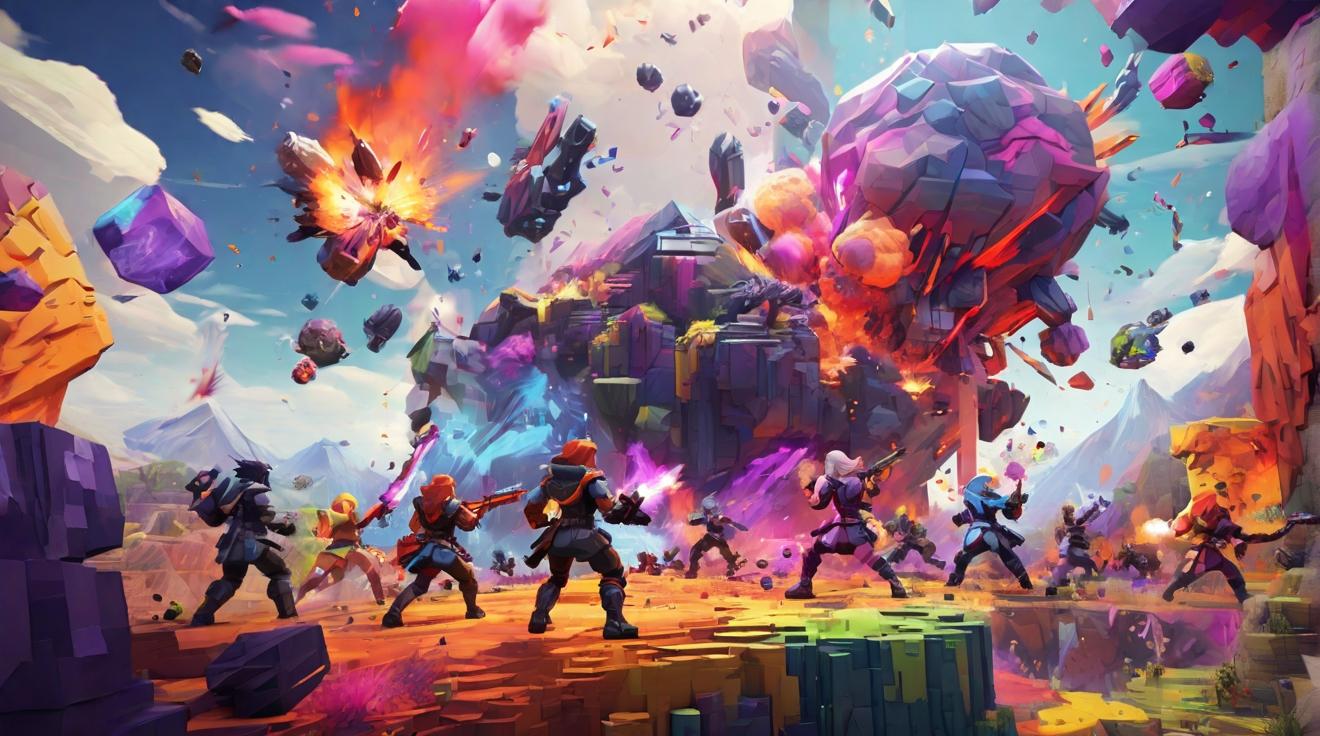Understanding NFTs
NFTs, or Non-fungible tokens, represent unique ownership of specialized digital content or items. The term 'non-fungible' means they are unique and cannot be replaced with something else. For example, if you have a painting, it's unique and can't be swapped for another painting that would be exactly the same. This differs from cryptocurrencies like Bitcoin or Ethereum, which are fungible and can be exchanged for one another.
The uniqueness of NFTs makes them perfect for representing in-game items, collectibles, and other digital assets that players can own and trade. In traditional games, rare items are controlled by game developers, but with NFTs, players have true ownership of their in-game assets with real-life value. They can sell or trade these assets on various digital marketplaces, introducing real-world economic concepts into virtual realms.
How are NFTs Shaping the Future of Online Gaming?
Blockchain technology is revolutionizing many industries, including gaming. NFTs have become an integral part of this transformation. For instance, while crypto casinos operate strictly with cryptocurrencies, regular online casinos are increasingly adopting cryptocurrency and NFTs for transactions because they are safer and faster for deposits and withdrawals.
NFTs offer a more inclusive alternative to traditional online casinos by enabling decentralized, blockchain-based operations. This eliminates intermediaries and central authorities, reducing regulatory barriers. Players who might be excluded from conventional casinos due to geographical or regulatory restrictions can enjoy gaming experiences without limitations.
NFTs and blockchain technologies also serve underbanked and unbanked populations, providing accessible and inclusive gaming experiences. Players can use decentralized finance (DeFi) instruments to participate in online gambling regardless of their location or economic status.
Another significant impact is the concept of play-to-earn. Unlike traditional games where players earn virtual rewards, play-to-earn games reward players with cryptocurrencies, creating opportunities to earn digital cash.
From a business perspective, NFTs and blockchain technology can reduce operational costs for online gaming platforms by minimizing traditional credit card processing fees. The next frontier for online gaming appears to be in crypto and blockchain technology.
What is More?
The rise in competition has led online gaming sites to use gamification to increase traffic. NFTs are becoming perfect incentives, awarded to winners during games, loyalty programs, and bonus sprees. While not all players understand the value of digital assets, more are embracing NFTs, converting physical assets into tokens, and appreciating their worth.
By incorporating NFTs, crypto casinos can attract more users interested in this form of entertainment and reward winners with valuable objects. NFTs can also be included in loyalty programs, offering special benefits to frequent users.
More people are embracing NFTs as they understand their value, making NFTs a promising feature in the evolution of online gaming.













